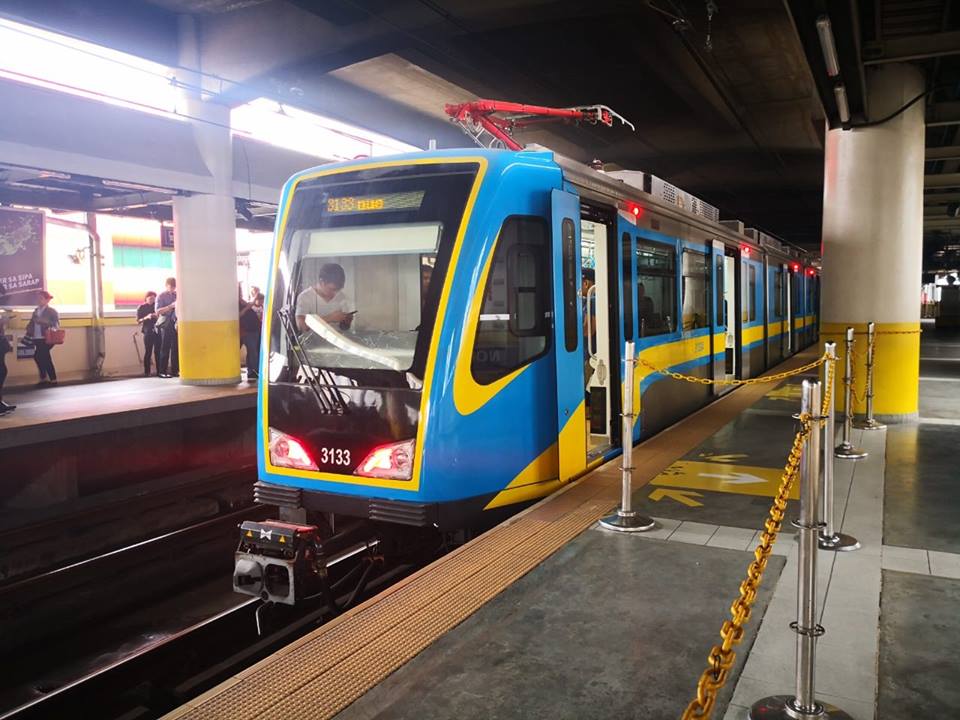
MANILA – The Metro Rail Transit Line 3 (MRT-3) began deploying 22 train sets along its mainline on Monday, breaking the record it made just five days ago on the number of fielded trains at the rail service.
In a media bulletin on Tuesday, Michael Capati, MRT-3 director for operations, said the increase in number of fielded trains was the result of better maintenance of the MRT-3’s light rail vehicles and new rails being installed along its mainline.
“The increase of running train sets is a main priority of the DOTr (Department of Transportation) and MRT-3 to give our passengers the best and most efficient service they can experience,” Capati said.
He noted that passengers of the MRT-3 can expect to have a better riding experience in the future once the “massive rehabilitation” of the rail service is completed in July 2021.
In a message, DOTr Assistant Secretary Goddes Hope Libiran said that aside from better maintenance, the MRT-3 was able to field more trains due to the completed testing, commissioning, and acceptance of three Dalian train sets.
“Because hindi pwede na dahil na-deliver na, tanggap na lang and patakbuhin na agad (it doesn’t mean that because the Dalian trains were delivered, we immediately were able to put them into operation). Each train carries thousands of passengers per day. Hindi pwedeng bara-bara ang (We should not be careless on) testing, commissioning, and acceptance,” Libiran said.
In 2016, the MRT-3 had 22 operational trains but only a maximum of 20 trains were fielded at any given time.
She said the reason for the fewer number of trains fielded compared to operational trains were due to the number of unloading incidents and service interruptions in the past.
“Hence, MRT-3 will deploy less than the available trains so there is a backup in case a train needs to be removed from the mainline due to an untoward incident,” Libiran said.
The MRT-3 said there were no unloading incidents recorded in the past three months or since the resumption of public transportation on June 1 under the general community quarantine in Metro Manila. The last unloading incident happened on March 8, 2020.
“Further, from 1 January to 15 March 2020, or right before ECQ was implemented, MRT-3 only recorded a total of 4 unloading incidents, compared to 97, 133, 102, and 43 unloading incidents for the same period from 2015 to 2018,” the MRT-3 said.
On Sept. 17, the MRT-3 fielded 21 trains on its mainline, the first time that more than 20 trains were simultaneously operating along its tracks.
Once the comprehensive rehabilitation of the MRT-3 is complete, the MRT-3 plans to field up to 24 train sets.